Euro 2016: Do Home Nations benefit from new format?
- Published
- comments
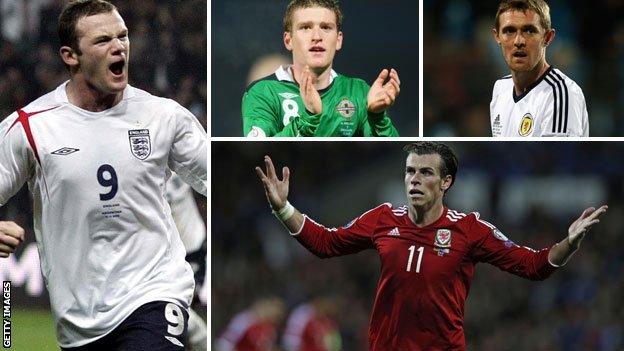
The expanded format for 2016 gives more teams hope of joining the European Championship party
This was supposed to be the flabbiest, most tedious qualification process international football has ever cooked up: 53 European nations reduced to 24 finalists so interminably, and with so many caveats, that even the obsessives would turn their backs long before the end.
And yet, before the last long weekend of qualifiers until spring next year, there is a welcome sense of anticipation in the air. Have football's routinely ridiculed executives actually changed something for the better?
So far this autumn we have had shocks - Slovakia beating European champions Spain 2-1, Poland beating newly crowned world champions Germany 2-0, Iceland seeing off World Cup semi-finalists the Netherlands 2-0.
We have had close-to-home thrills: Northern Ireland winning their first three qualifying matches for the first time, Wales taking seven points from nine, Scotland beaten only by Germany.
Euro 2016 qualification |
|---|
The 53 teams in nine qualifying groups of six will be reduced to 24 teams in the finals. All first and second-placed teams go through, plus the best third-placed team. All other third-placed teams go into two-legged play-offs with the winners to progress. Hosts France qualify automatically. |
We have had dreariness too, not least with England - a home win over San Marino so preordained there were 35,000 empty seats, an absence of big matches to look forward to in the months that follow.
England's problem is once again likely to be less in making a major finals than doing something worthwhile when they get there. It is reflected in the reaction of their players after each match: some satisfaction, little joy.
But for others there is that rare thing: hope that they too could join the party.
Scotland have not qualified for the finals of a major tournament in 16 years. Northern Ireland have waited 28 years, Wales a heavy 56.
All three will go into 2015 believing those wilderness years could be coming to an end.
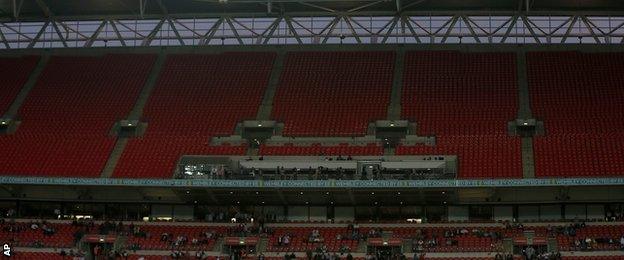
Only 55,990 watched England beat San Marino at Wembley Stadium
Wales have Gareth Bale as their superstar saviour to lead them to the promised lands - the most expensive player in the world assuming the kind of role which David Beckham, another Galactico of his time, so studiously took on in the early noughties for England.
When Bale was not saving his team from embarrassment in Andorra with a match-winning free-kick, he was popping up at left-back against the likes of Bosnia-Hercegovina and Cyprus, covering every blade of grass in pursuit of his and his country's dreams of long overdue qualification.
In Gordon Strachan, Scotland have a manager with first-hand experience of major tournament showdowns, while in Michael O'Neill, Northern Ireland have a coach who is melding disparate parts into a greater whole.
Before statues of Michel Platini and his Uefa executive committee are commissioned for Belfast and parks in Edinburgh and Cardiff named after his vice-president Senes Erzik, the caveats.
Hope has bloomed before, not least when Wales reached the play-offs for Euro 2004 and Northern Ireland beat Spain 3-2 in qualifying for the 2008 edition., external
Wales went on to lose to Russia., external Northern Ireland sunk back into the no man's land of their group. Spain won the whole thing.
Then there is the Republic of Ireland, level on points with Poland at the top of Group D, travelling to Scotland on Friday with a second consecutive European Championship finals in their sights.
But what of four years ago, when all those expectations withered with three consecutive and chastening defeats when they got to the tournament?
And here we come to another problem. Despite all these headline-grabbing defeats for the big boys, all of them are still likely to make it through come November next year.
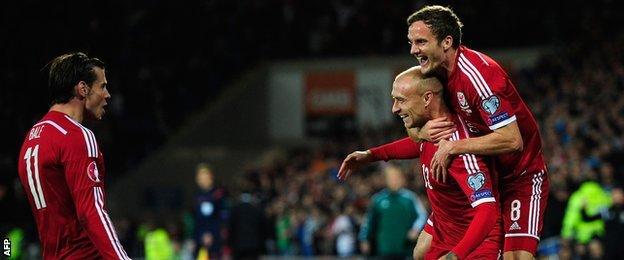
Wales clung on for a nerve-shredding win over Cyprus in October to remain top of their Euro 2016 qualifying group
The Netherlands could finish third in Group A, losing four times to Iceland and Czech Republic, and it still would not knock them out. Germany could remain beneath Poland and the Republic in Group D and still qualify without recourse to a play-off.
These shocks, on the surface so thrilling, are in part a direct result of the vast safety net Platini's new system incorporates. Spain and Germany, even with injuries, can afford to rest established stars or blood new talent. Defeat is never terminal in this land of third chances.
With that comes the flip side: for the smaller nations pulling off great one-off results (Northern Ireland winning away in Greece, Poland beating Germany for the first time in their history), those exceptional performances bring a smaller reward.
David might have landed a stone on Goliath's temple, but no longer need it be a knock-out blow.
Anticipation builds most easily when the route ahead is clear. Uefa's 'Week of Football' concept means keeping track is almost impossible.
Only on one day of the week - Wednesday - are there no games scheduled. Matches sneak up on you when you least expect them - Thursday nights, Sunday tea-time, Sunday evenings.
How each team did in the last major tournament finals they reached |
|---|
England - World Cup, Brazil 2014 - Group stage |
Scotland - World Cup, France 1998 - Group stage |
Wales - World Cup, Sweden 1958 - Quarter-finals |
Northern Ireland - World Cup, Mexico 1986 - Group stage |
Republic of Ireland - European Championship, Ukraine & Poland 2012 - Group stage |
It is death by meaningless match, suffocation by complication. And for what? To arguably do it all over again once summer 2016 comes around.
European Championships have frequently been more enjoyable for spectators than the over-inflated World Cups with which they alternate.
There is a tautness about watching 16 teams in four groups, straight into a quarter-finals a fortnight later and the final itself a further week on.
In France, instead, we will go through an entire group stage just to get down to those 16 nations.
Even in the groups of four, the four best third-placed teams will qualify for the knock-out stage, meaning only eight teams will actually exit after that first round - a competitive false-start that will bloat a format that has worked brilliantly since eight finalists became 16 at Euro 96.
That expansion 18 years ago made geo-political as well as sporting sense.
The 34 nations that began qualifying for the 1992 championship were multiplied by the break-up of the old Eastern Bloc even before the finals in Sweden took place; in a few years Uefa went from 33 nation members to 48.
Back then, Scotland had to top a group that also contained Switzerland, Bulgaria and Romania to qualify. England had to out-do Ireland, Poland and Turkey.
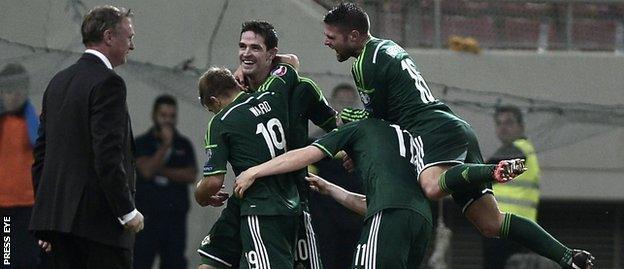
Beating top seeds Greece in October keeps Northern Ireland two points clear at the top of Euro 2016 qualifying Group F, ahead of Romania, whom they visit on Friday
Both unequivocally earned their places at the finals, even if they blew it when they arrived. The only second chance went to eventual winners Denmark when original group winner Yugoslavia collapsed into civil war.
When powerhouses like Spain and Italy do not make it through, as they failed to do in 1992, you can argue that the filtering process is too harsh. The multiplication this time owes far less to logic.
The 1992 tournament was done and dusted in 16 days, Euro 96 in 22. The 2016 edition will stretch over 31, across 10 venues, with a total of 51 games - 20 more than in 2012.
There will be quality in there, but it will require sifting. More than ever before, even for the smaller nations who make it through, there will be games that as a spectator you can afford to miss.
Who is this ultimately to benefit - those nations for whom qualification now carries new meaning, those big teams who can fall asleep and wake up in the finals, or Platini and Uefa, empire builders of the modern sporting world?
- Published10 November 2014
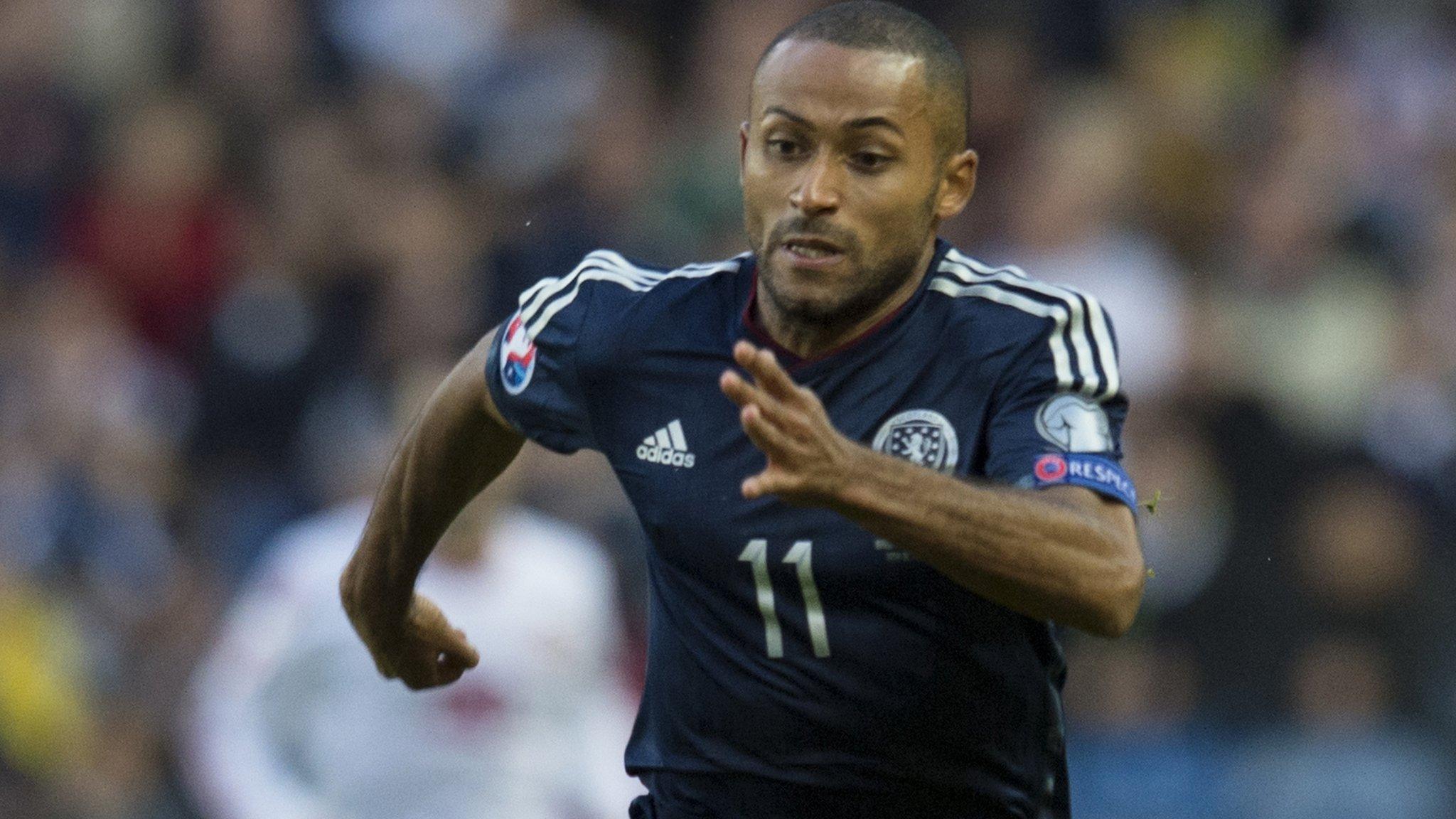
- Published12 November 2014
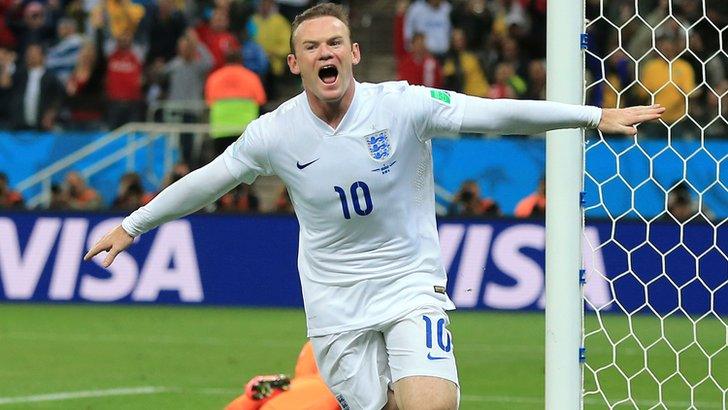
- Published5 November 2014
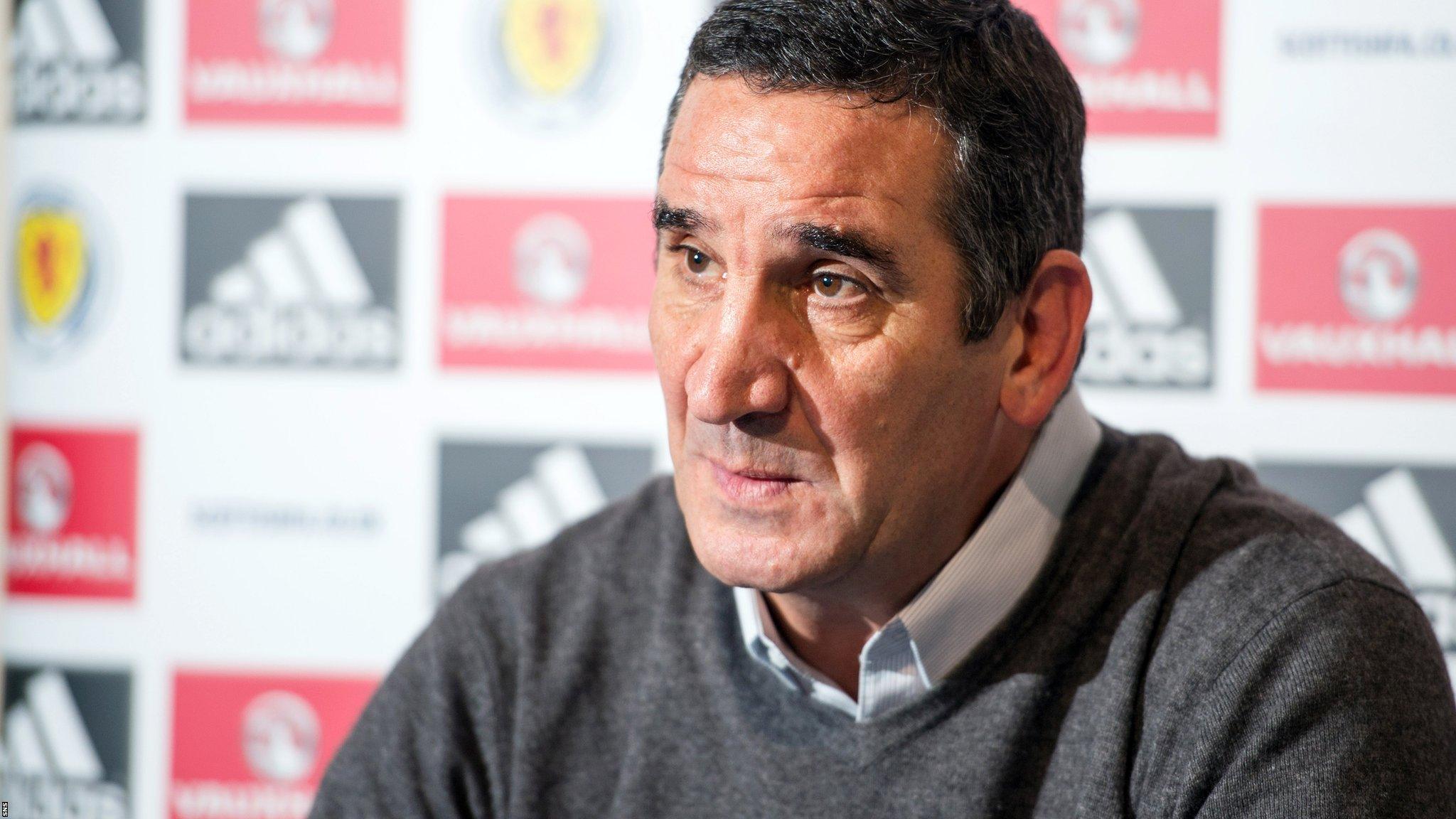
- Published12 November 2014
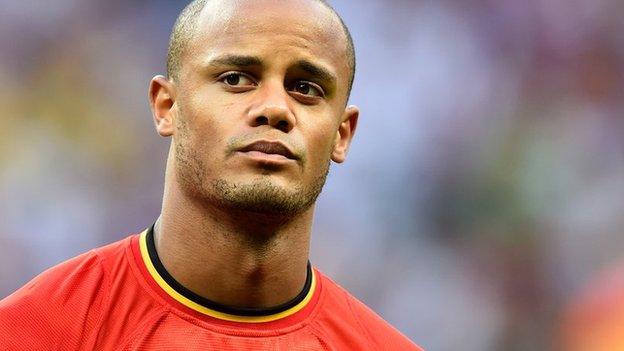
- Published4 November 2014
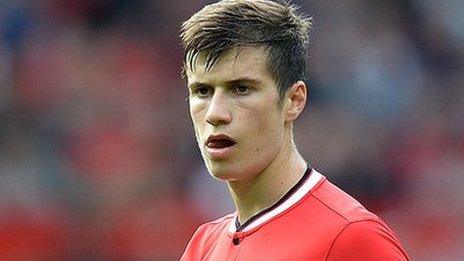
- Published29 October 2014
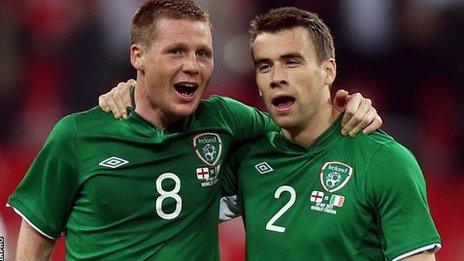
- Published20 June 2016

- Published7 June 2019
